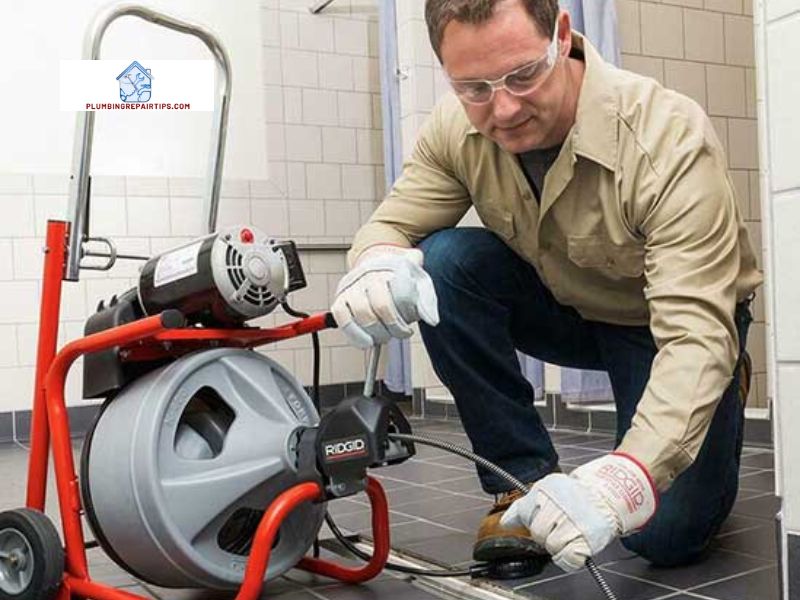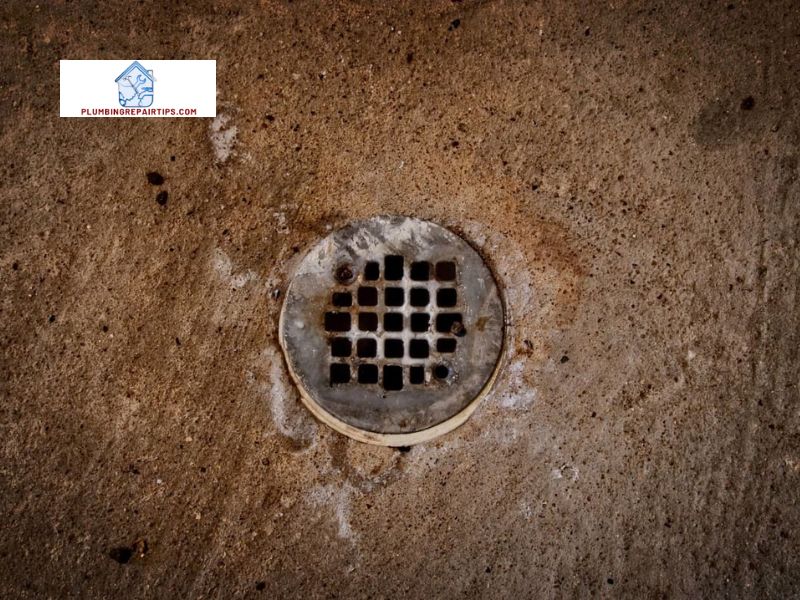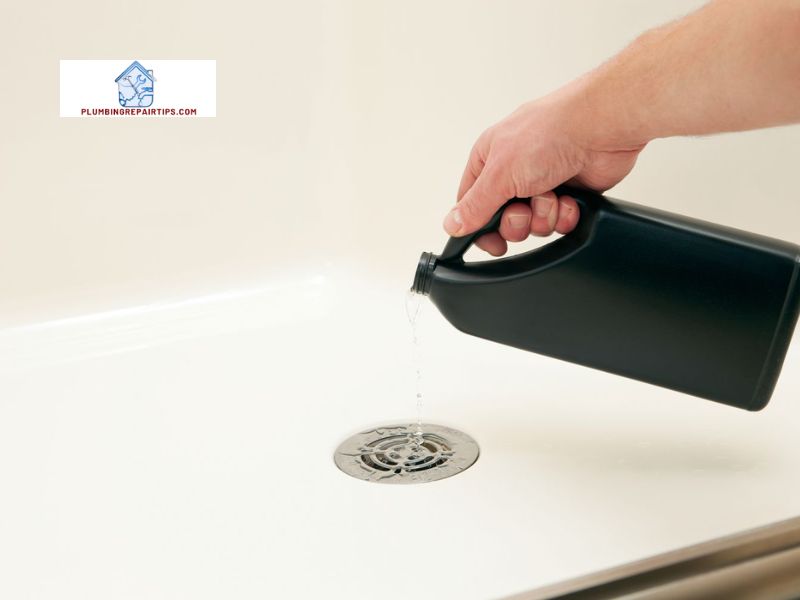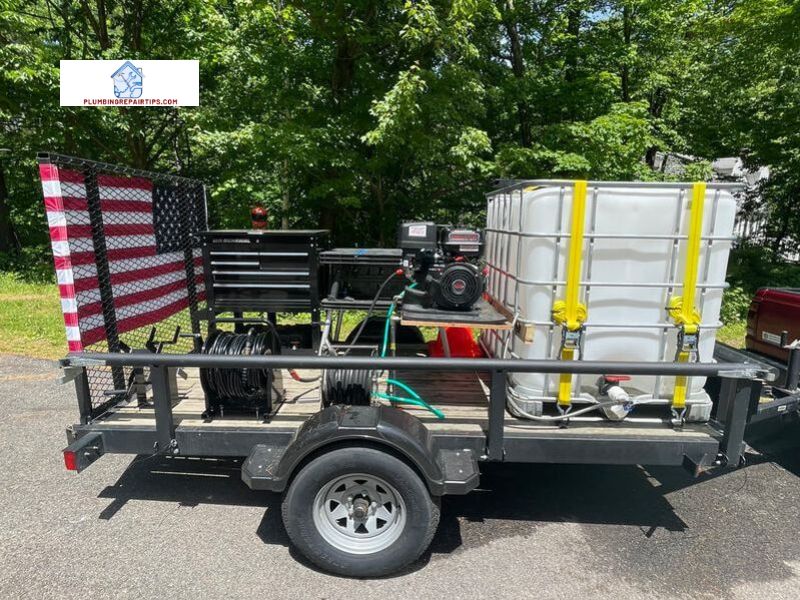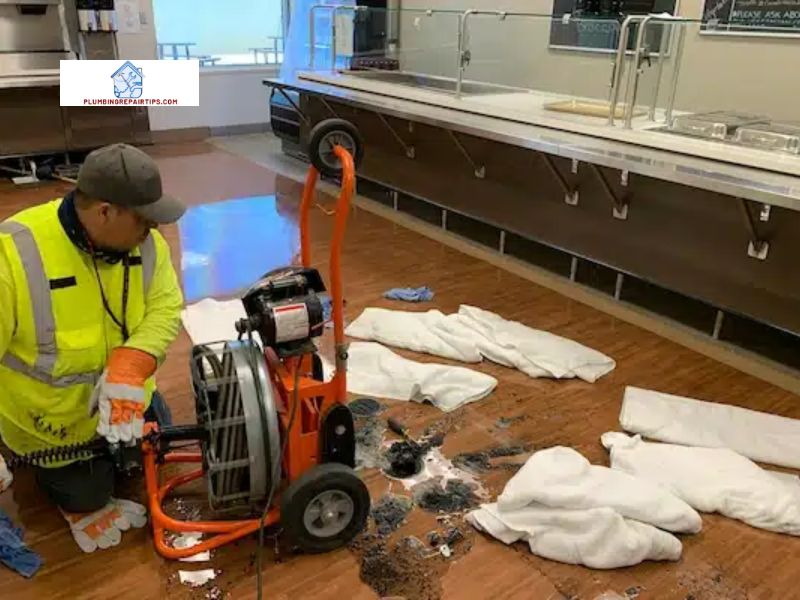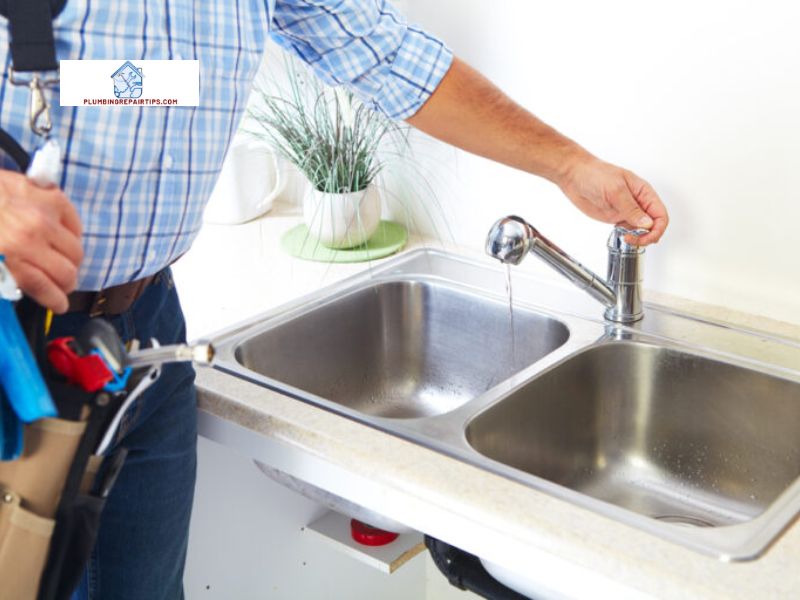How long is the water softener lifespan? As homeowners, we strive to maintain a comfortable and healthy living environment. One crucial aspect often overlooked is the quality of our water. Hard water, containing high levels of minerals like calcium and magnesium, can wreak havoc on our plumbing systems, appliances, and even our skin and hair. This is where water softeners come to the rescue. Discover at plumbingrepairtips.com!
A. Importance of Water Softeners

Water softeners play a vital role in transforming hard water into soft water. By removing the excessive minerals, these devices enhance the overall quality of our water supply. Soft water not only improves the efficiency and longevity of our appliances but also leaves our skin feeling silky smooth and hair more manageable. From preserving the lifespan of our washing machines and dishwashers to reducing the risk of clogged pipes, the benefits of water softeners are truly remarkable.
B. Understanding Water Softener Lifespan
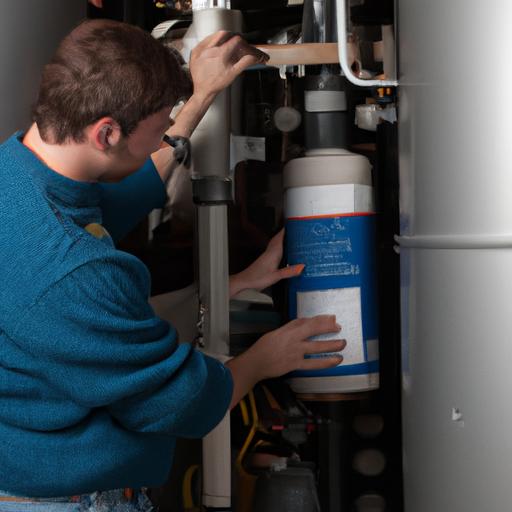
While we recognize the importance of water softeners, it’s equally crucial to understand their lifespan. How long can we expect these devices to function optimally? The lifespan of a water softener primarily depends on various factors, including usage, maintenance, and the type of softener you choose.
By delving into the different aspects of a water softener’s lifespan, we can make informed decisions and ensure that our investment in these devices is both long-lasting and effective. Join me as we explore the signs of a deteriorating water softener, learn how to extend its lifespan, and uncover the average lifespan of different types of water softeners.
So, let’s dive right in and discover the secrets to maximizing the lifespan of your water softener while enjoying the benefits of soft water.
What is a Water Softener Lifespan?
A. Definition and Explanation
Before we delve into the factors affecting the lifespan of a water softener, let’s first understand what exactly we mean by “water softener lifespan.” In simple terms, the lifespan of a water softener refers to the duration during which the device operates efficiently and effectively in softening water.
Water softeners work by removing the minerals that cause water hardness, such as calcium and magnesium. Over time, these minerals can build up within the softener, impacting its performance. Hence, it becomes crucial to monitor the lifespan of the device to ensure its optimal functioning.
B. Factors Affecting Lifespan
Numerous factors can influence the lifespan of a water softener. Understanding these factors can help us take appropriate measures to prolong the device’s lifespan and avoid premature breakdowns. Here are some key factors to consider:
1. Water Hardness Levels
The hardness of your water supply plays a significant role in determining the lifespan of your water softener. If your water is excessively hard, the softener will have to work harder to remove the minerals, potentially reducing its lifespan.
2. Usage and Water Demand
The frequency and volume of water usage in your household can impact the lifespan of your water softener. Higher water demands can put additional strain on the device, potentially shortening its lifespan.
3. Maintenance and Cleaning
Regular maintenance and cleaning are essential for prolonging the lifespan of your water softener. Neglecting these tasks can lead to a buildup of minerals and sediment, affecting the device’s performance and longevity.
4. Water Quality and Pre-Treatment
The quality of your water supply, including the presence of sediments or contaminants, can affect the lifespan of your water softener. Pre-treatment methods, such as installing sediment filters or whole-house filtration systems, can help protect your water softener and extend its lifespan.
By understanding these factors, we can take proactive steps to ensure our water softener’s longevity. In the next section, we will explore the signs that indicate a deteriorating water softener, helping us identify when it’s time to take action.
Signs of a Deteriorating Water Softener
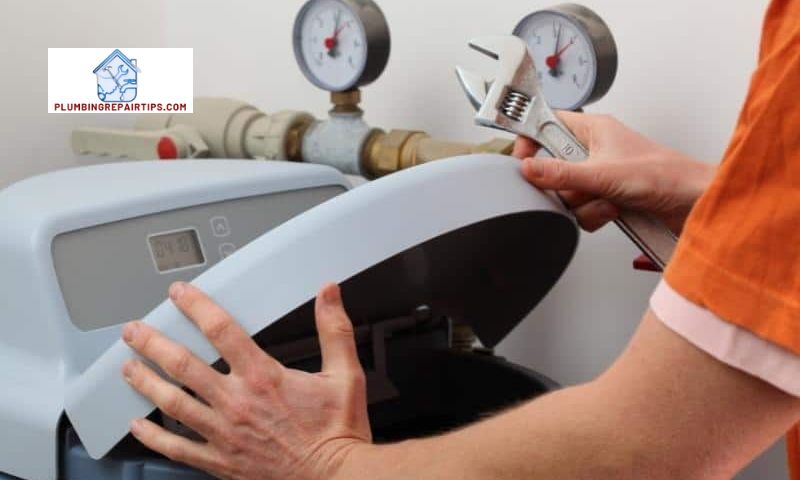
A water softener, like any other appliance, undergoes wear and tear over time. It’s essential to be aware of the signs indicating that your water softener may be deteriorating. By recognizing these signs early on, you can take prompt action to prevent further damage and ensure the longevity of your system.
A. Decreased Effectiveness in Softening Water
One of the telltale signs of a deteriorating water softener is a noticeable decrease in its effectiveness in softening water. If you begin to notice mineral buildup on your fixtures and appliances, or if your water starts feeling less silky and leaves residue on your dishes, it could be an indication that your water softener is not operating at its optimal level.
B. Frequent Breakdowns and Repairs
Another sign to watch out for is the frequency of breakdowns and repairs. If you find yourself calling a technician more frequently to fix issues with your water softener, it might be a sign that the system is wearing out. Components such as valves, resin beads, or control panels may need replacement due to their age or prolonged usage. Ignoring these repair needs can lead to further damage and reduce the overall lifespan of your water softener.
C. Water Quality Issues
Water quality issues can also indicate a deteriorating water softener. If you begin to experience an unusual taste or odor in your water, or if your water appears cloudy or discolored, it’s possible that your water softener is no longer effectively removing minerals from the water. These issues can be the result of a worn-out resin bed or a malfunctioning regeneration process, both of which require attention to restore the optimal performance of your water softener.
By staying vigilant and recognizing these signs of a deteriorating water softener, you can address the issues promptly and extend the lifespan of your system. In the next section, we will explore practical steps to help you maintain and maximize the performance of your water softener.
Extending the Lifespan of Your Water Softener
To ensure that your water softener continues to perform at its best, it’s essential to take proactive steps to extend its lifespan. By following these maintenance and care tips, you can maximize the longevity of your water softener and enjoy the benefits of soft water for years to come.
A. Regular Maintenance and Cleaning
Just like any other appliance, regular maintenance is key to preserving the lifespan of your water softener. It’s recommended to schedule periodic maintenance checks and cleanings to keep it running smoothly. This includes inspecting the brine tank, cleaning the resin bed, and checking for any signs of wear or damage.
Regularly flushing and cleaning the brine tank helps prevent salt buildup and ensures proper functioning of the system. Additionally, cleaning the resin bed removes any accumulated sediment or impurities, allowing the resin beads to effectively remove minerals from the water. By staying on top of maintenance tasks, you can prevent potential issues and extend the lifespan of your water softener.
B. Proper Salt Usage and Levels
Using the right type and amount of salt is crucial for optimal performance and longevity of your water softener. It’s essential to choose high-quality salt specifically designed for water softeners. Avoid using rock salt or other types of salt that may contain impurities, as these can negatively impact the system.
Maintaining proper salt levels in the brine tank is equally important. Make sure to regularly check the salt level and refill as needed to ensure continuous regeneration. Insufficient salt levels can lead to decreased efficiency and potential damage to the resin bed.
C. Using Quality Resin and Replacement Parts
Using high-quality resin and replacement parts is another key factor in extending the lifespan of your water softener. When it comes time to replace the resin or any other components, opt for genuine parts recommended by the manufacturer or a trusted supplier. Using subpar or incompatible parts can compromise the performance and durability of your water softener.
Investing in quality resin and replacement parts not only enhances the overall performance of your water softener but also ensures its longevity. By adhering to these guidelines, you can keep your water softener operating smoothly and enjoy the benefits of soft water for years to come.
Stay tuned as we explore the average lifespan of different types of water softeners in the next section.
Conclusion
In conclusion, understanding the lifespan of your water softener is crucial for maintaining the efficiency and effectiveness of this essential home appliance. By recognizing the signs of a deteriorating water softener and implementing proper maintenance techniques, you can extend its lifespan and enjoy the benefits of soft water for years to come.
Regular maintenance and cleaning are key to keeping your water softener in optimal condition. Periodically inspecting and cleaning the resin tank, ensuring proper salt usage and levels, and using quality resin and replacement parts can significantly contribute to the longevity of your water softener. Remember, a little effort in maintenance goes a long way in preserving the lifespan of your investment.
When considering the average lifespan of different types of water softeners, it’s important to note that salt-based water softeners typically last around 10 to 15 years. Salt-free water softeners, on the other hand, have a lifespan of around 5 to 10 years. Dual-tank water softeners, known for their durability and efficiency, can last up to 20 years or more with proper maintenance.
As you embark on your water softener journey, it’s essential to keep in mind that every system is unique, and these lifespans are approximate estimates. Factors such as water hardness, usage patterns, and maintenance practices can influence the actual lifespan of your water softener.
In conclusion, by monitoring and maintaining your water softener regularly, you can ensure optimal performance and extend its lifespan. Remember, a water softener is an investment in the longevity of your appliances, the well-being of your skin and hair, and the overall comfort of your home. So, take care of your water softener, and it will take care of you.
Bold: plumbingrepairtips.com
